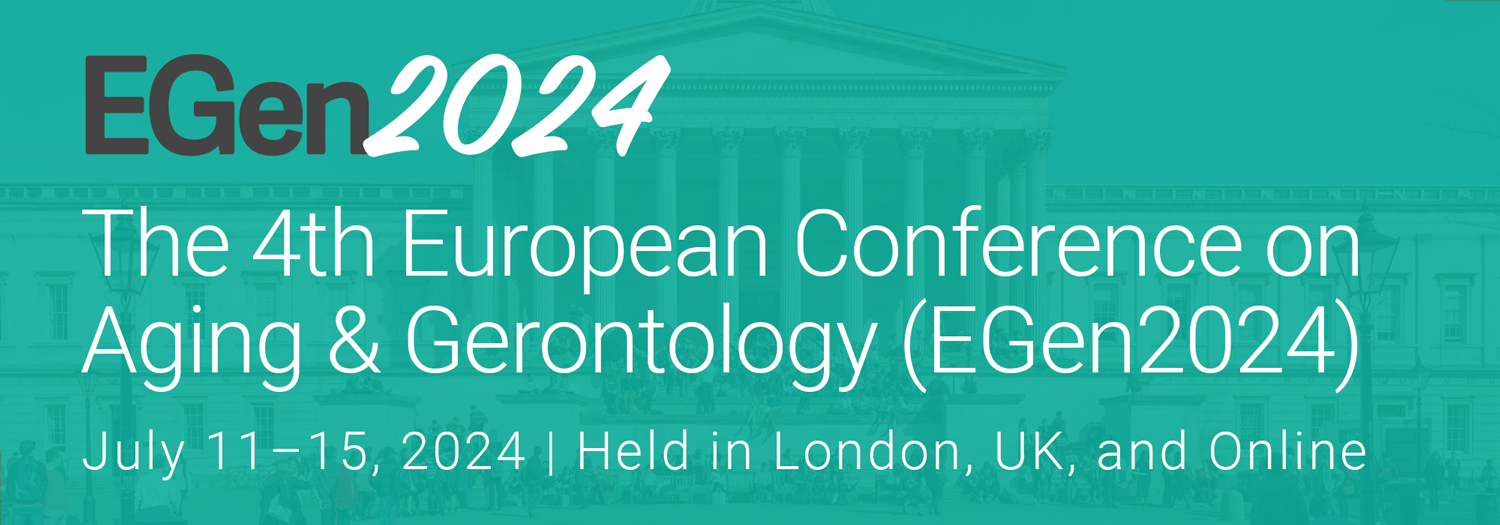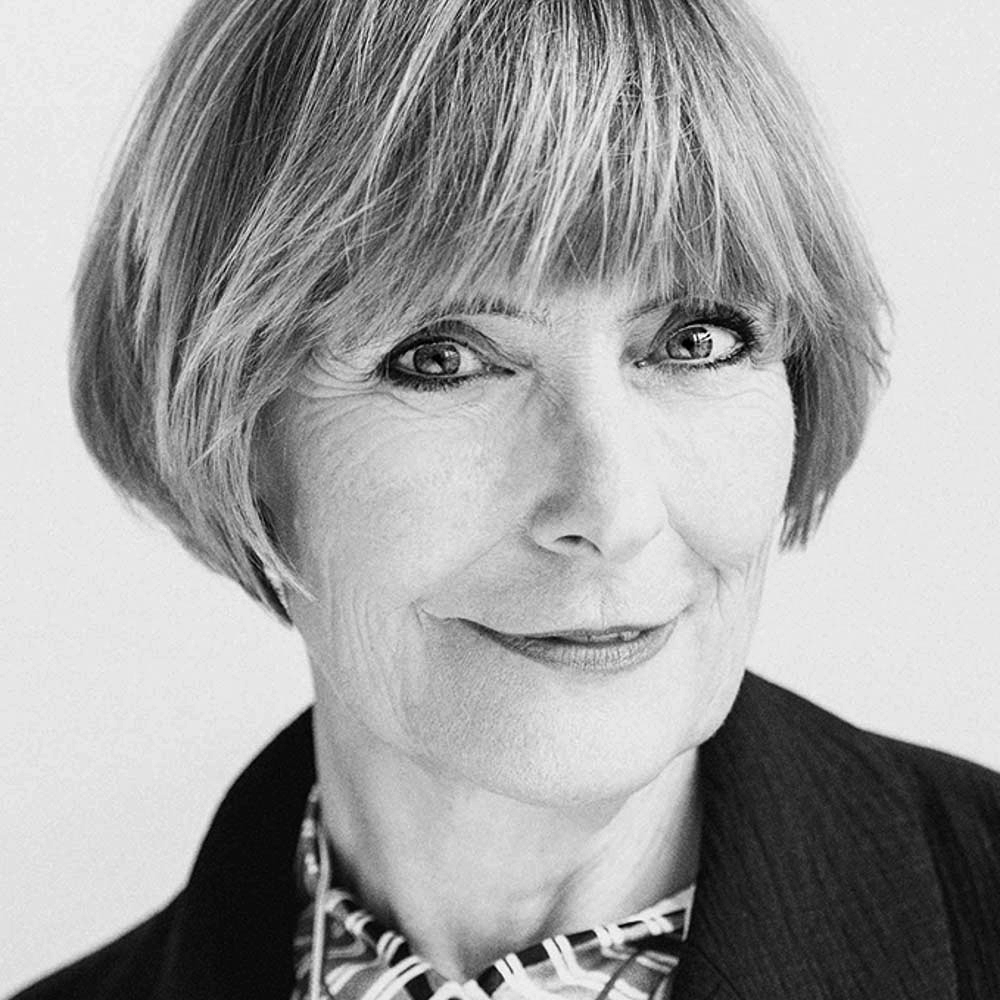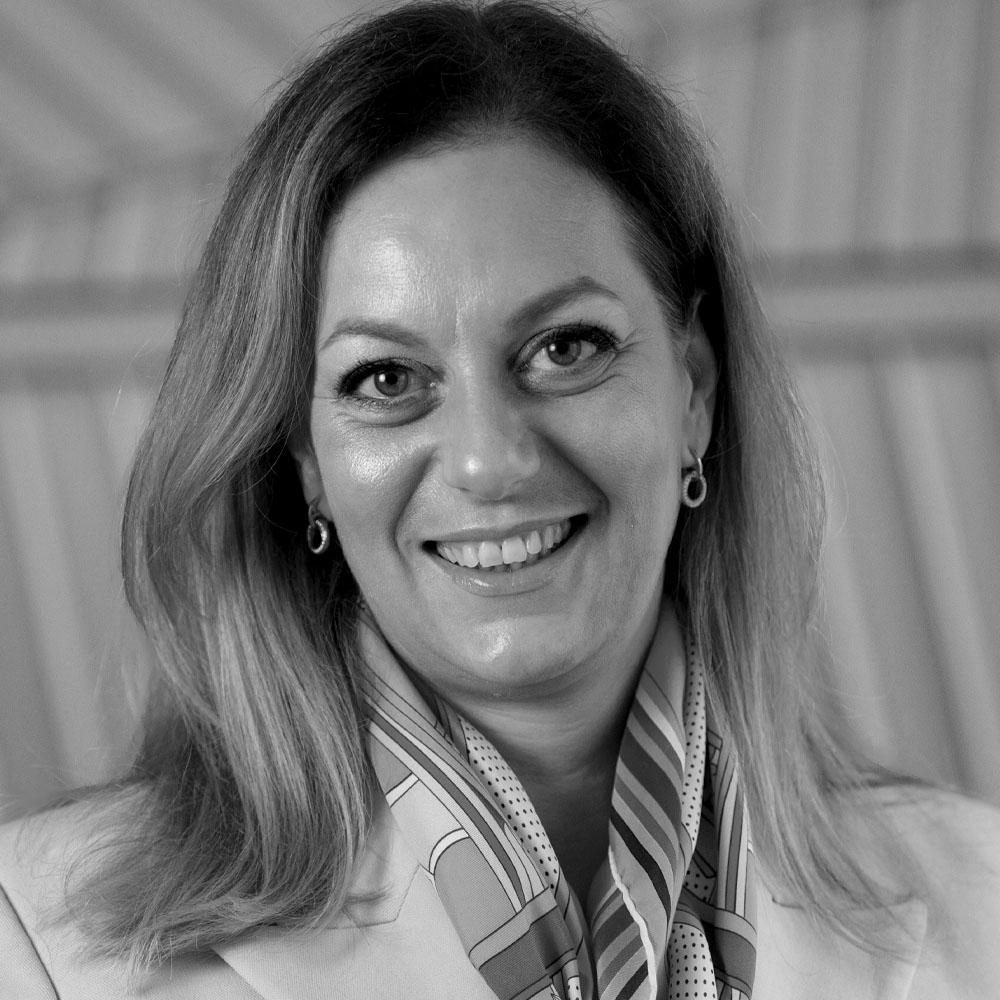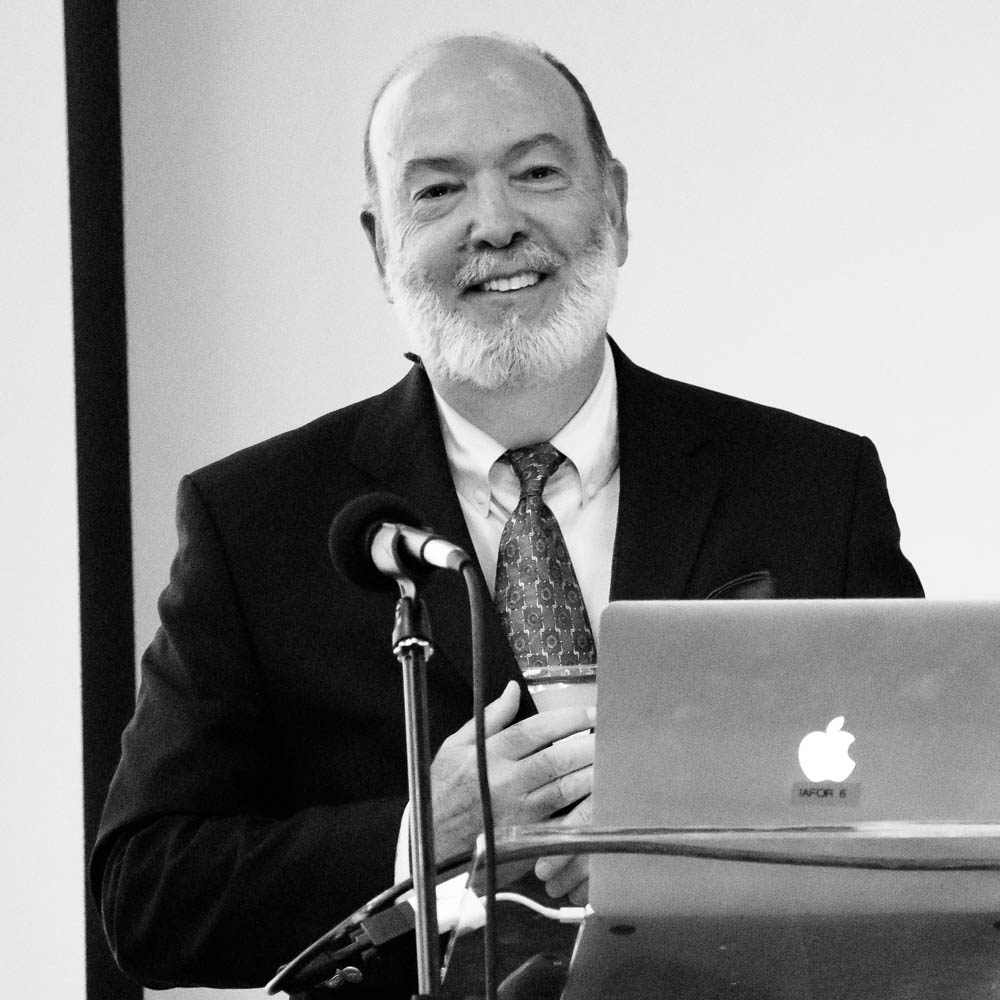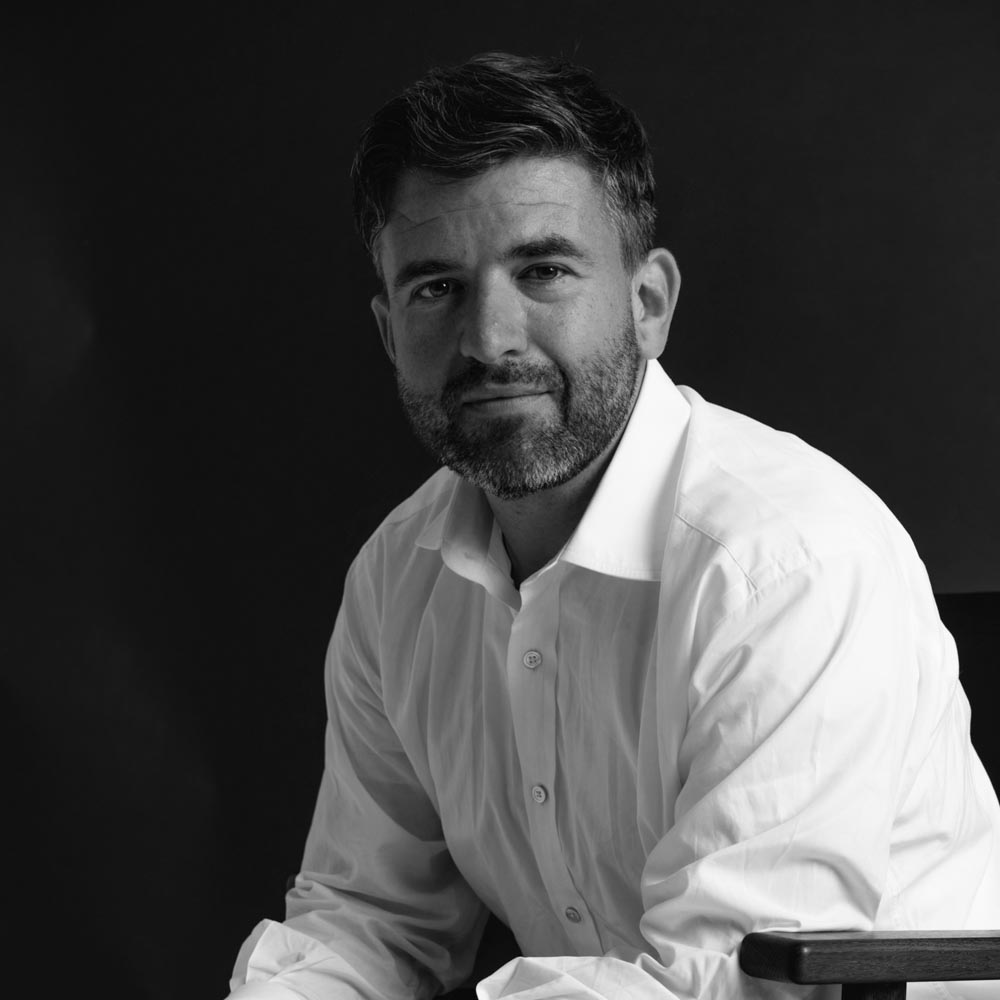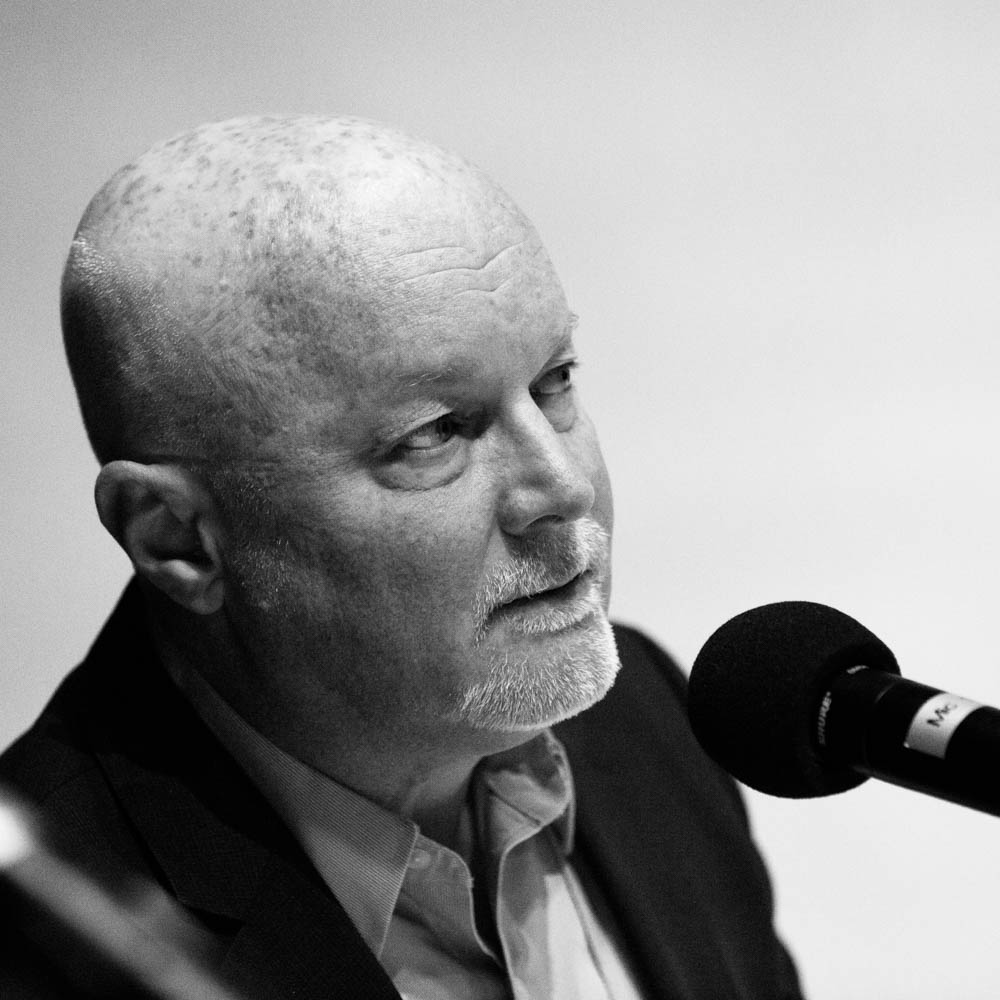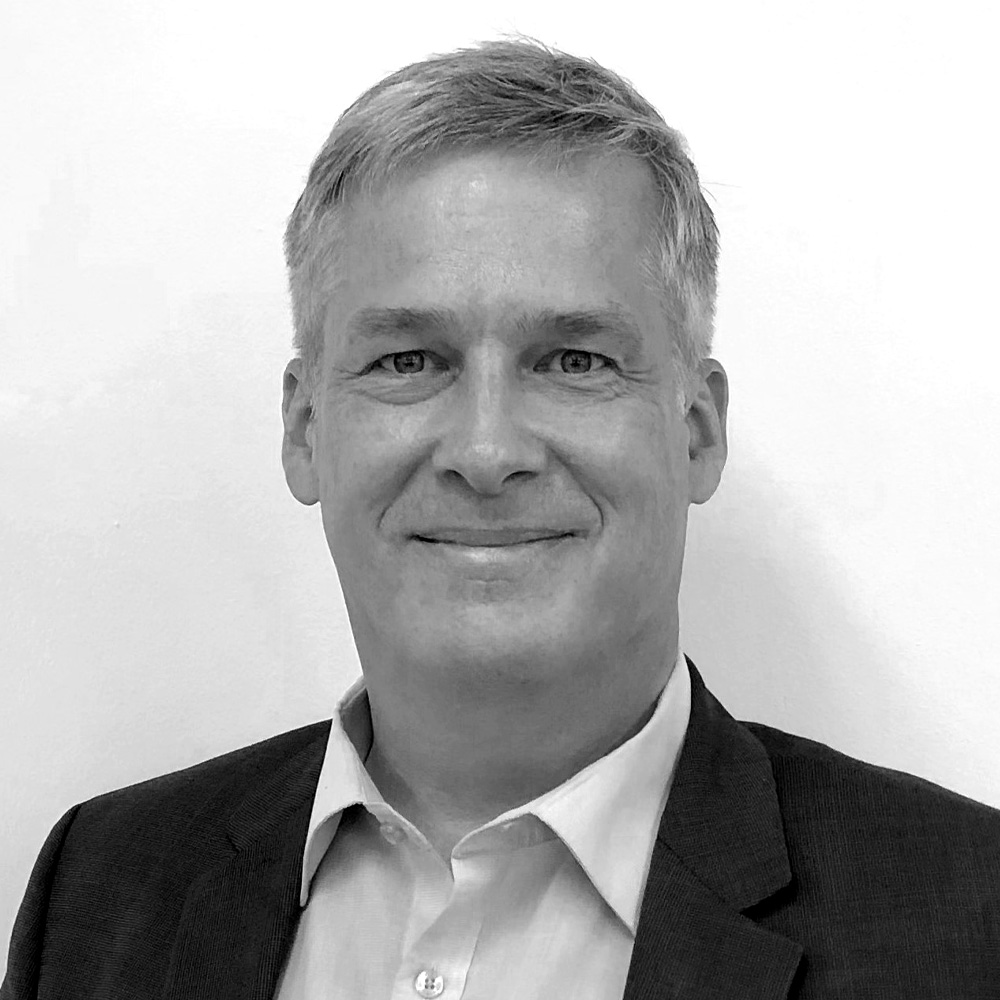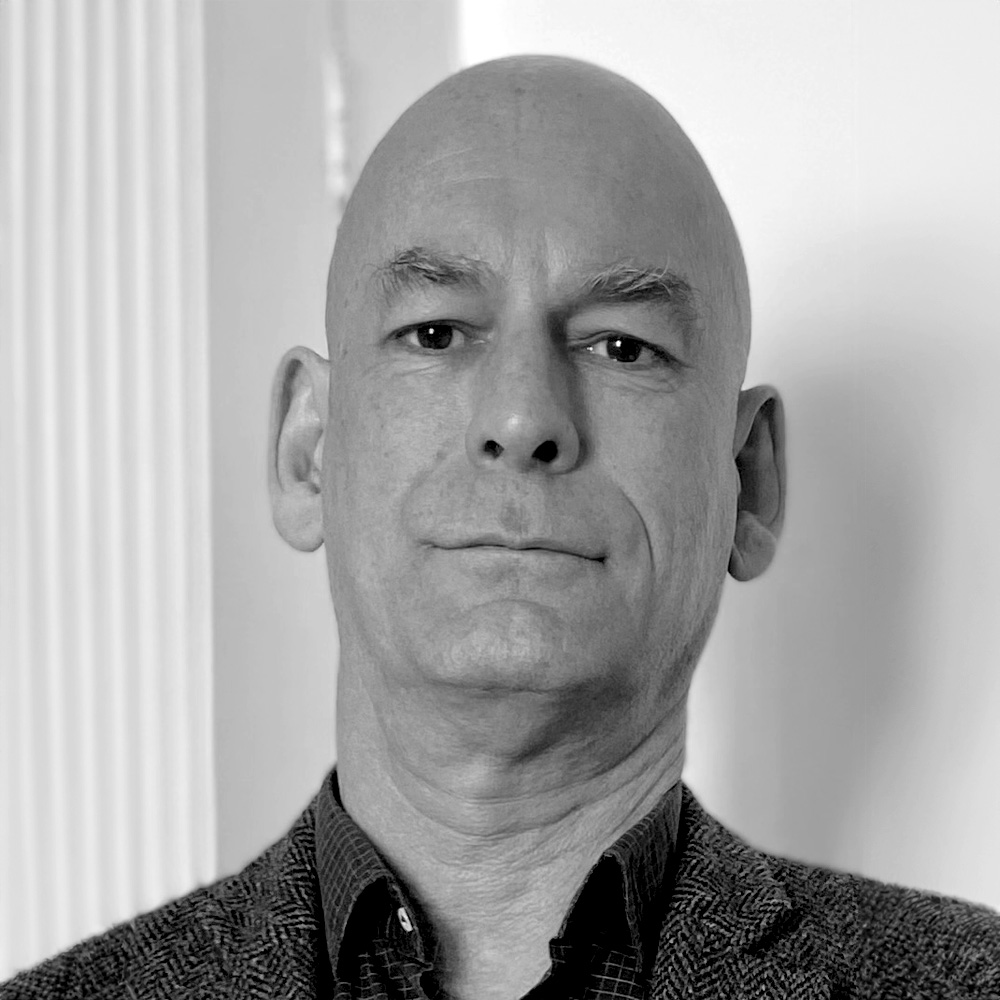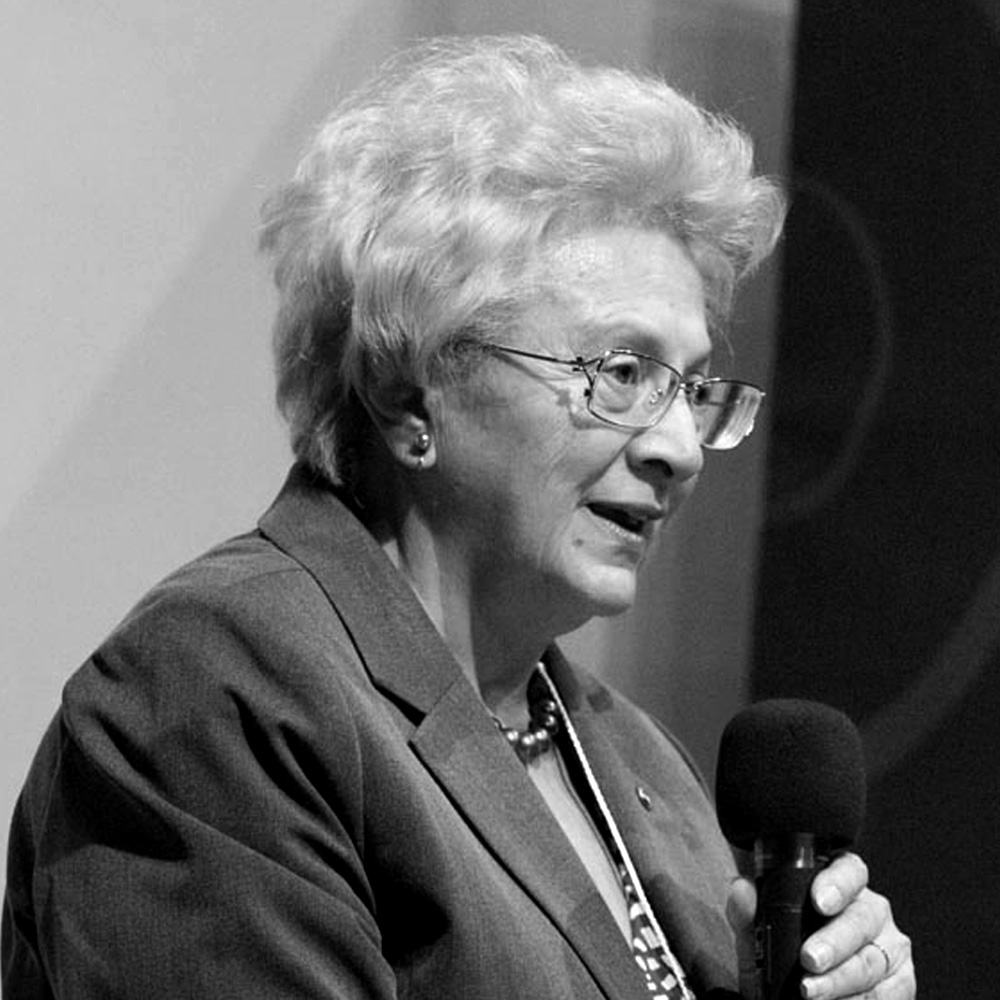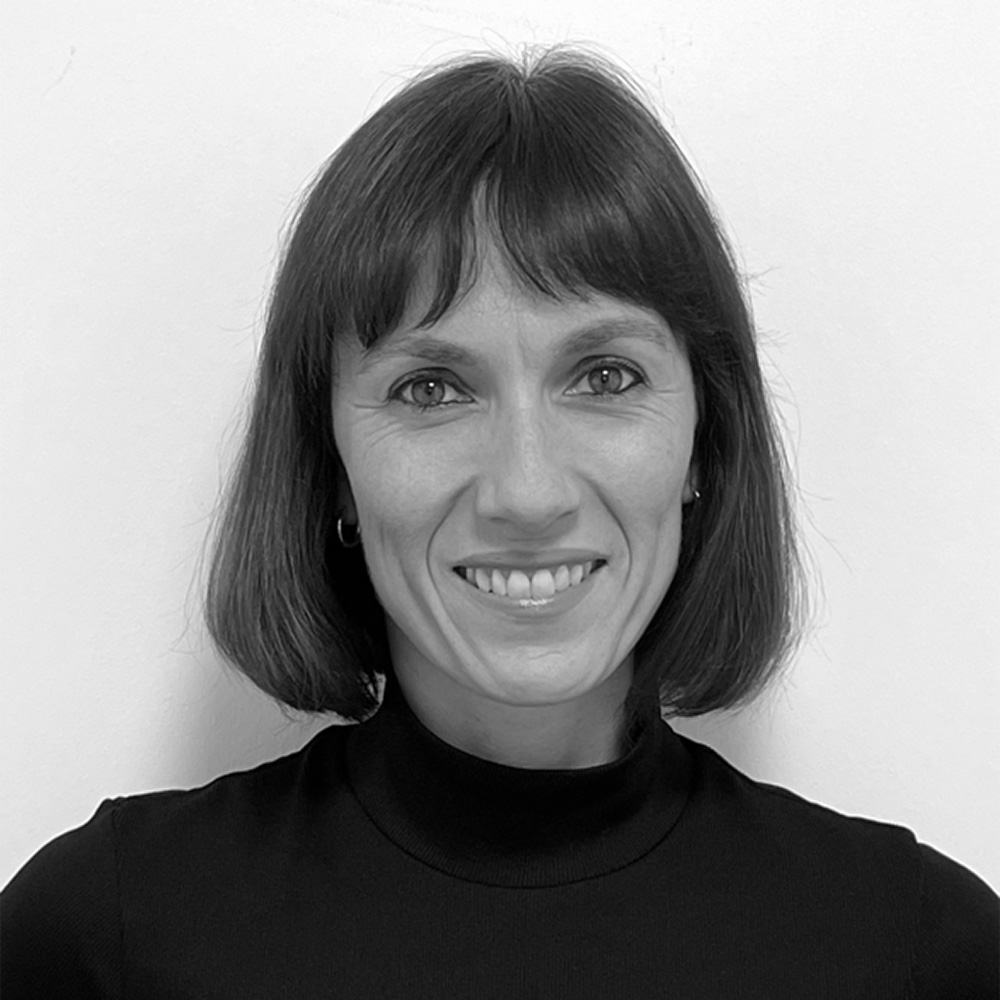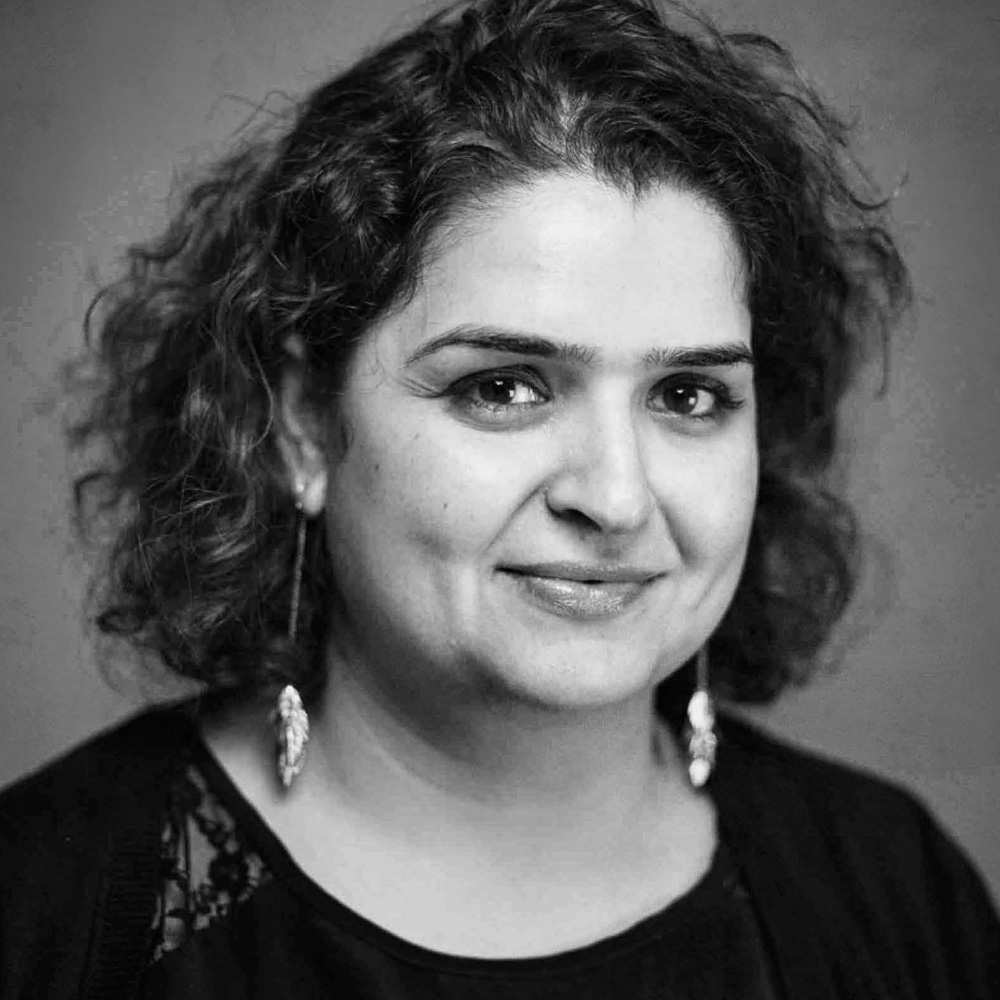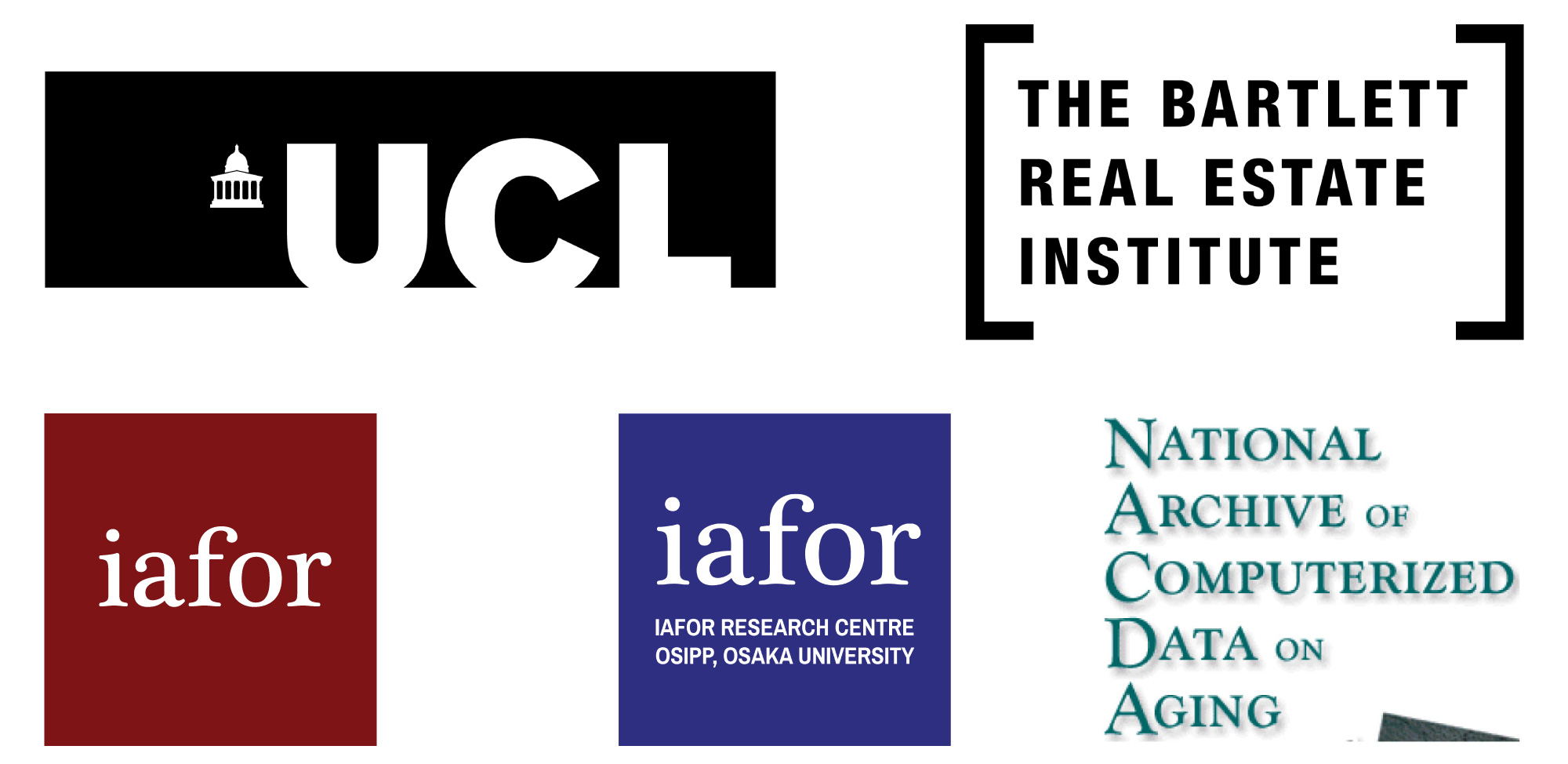
Join us in London (and online) for EGen2024!
July 11–15, 2024 | SOAS & University College London, UK
We are very excited to host The 3rd European Conference on Aging & Gerontology (EGen2024), the sister conference to The Asian Conference on Aging & Gerontology (AGen), which has been held in Japan since 2015.
IAFOR has joined efforts with The Bartlett Real Estate Institute at UCL, UK, the National Archive of Computerized Data on Aging (NACDA) at the University of Michigan, the IAFOR Research Centre at OSIPP, Osaka University, Japan, and academic leaders and thinkers of all disciplines from a wide range of prestigious institutions to host a conference that brings together all disciplines to discuss one of the greatest challenges humanity currently faces: the ageing of the population. Scholars from practically every discipline are welcomed to bring their perspective, as ageing involves almost all aspects of humanities, science and policy. With thematic streams covering many disciplines such as the built environment, frailty, loneliness, the silver economy, and others, EGen2024 will again provide a great opportunity for researchers.
The European Conference on Aging & Gerontology (EGen) is an interdisciplinary conference held alongside The European Conference on Education (ECE), The European Conference on Language Learning (ECLL).
We look forward to meeting you in London and online.
– The EGen2024 Programme Committee
- Location & Venue: Held at SOAS & University College London, UK
- Dates: Thursday, July 11, 2024 to Monday, July 15, 2024
- Early Bird Abstract Submission Deadline: February 16, 2024*
- Final Abstract Submission Deadline: April 19, 2024
- Registration Deadline for Presenters: May 24, 2024
*Submit early to take advantage of the discounted registration rates. Learn more about our registration options.
Speakers
-
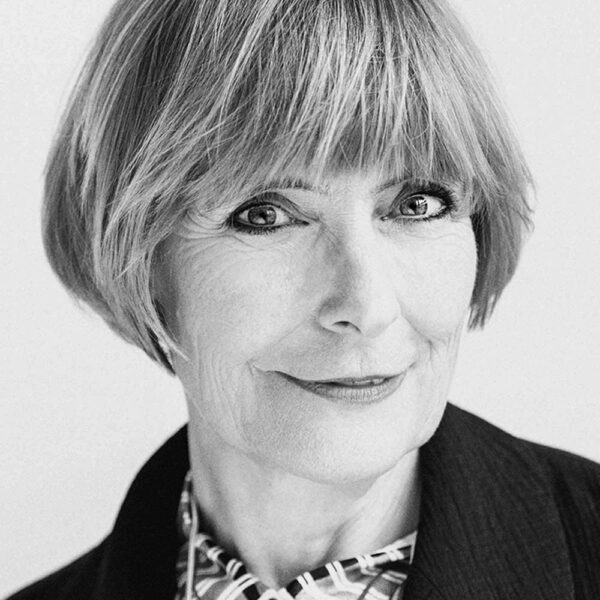 Anne BoddingtonKingston University, UK
Anne BoddingtonKingston University, UK -
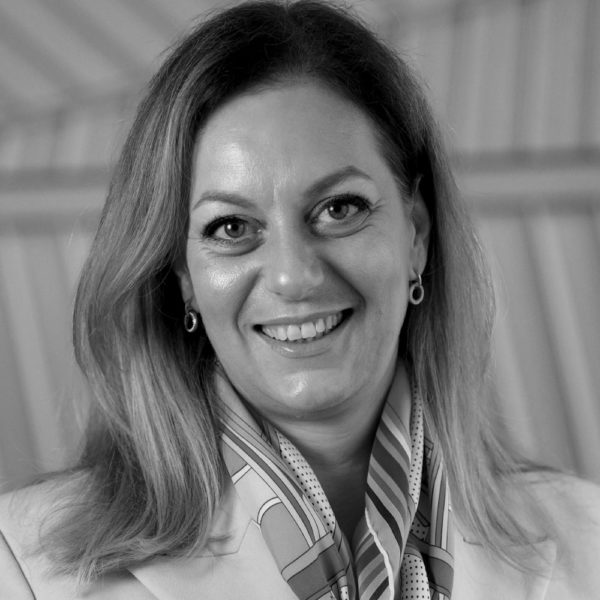 Evangelia ChrysikouUniversity College London, UK
Evangelia ChrysikouUniversity College London, UK -
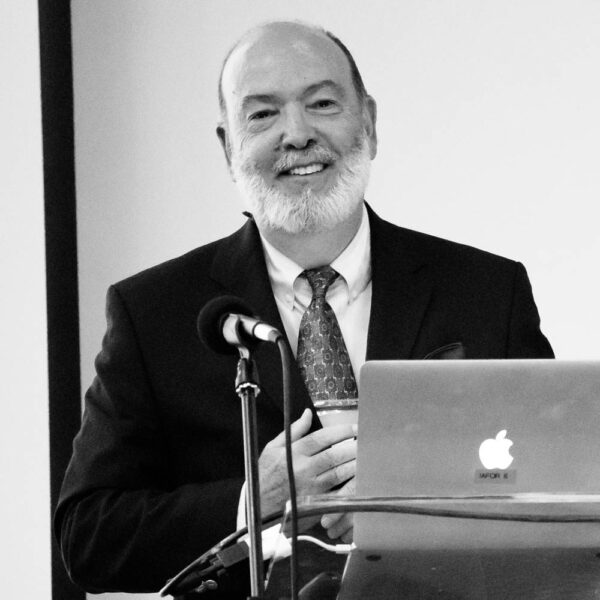 Alfonso J. García-OsunaHofstra University, United States
Alfonso J. García-OsunaHofstra University, United States -
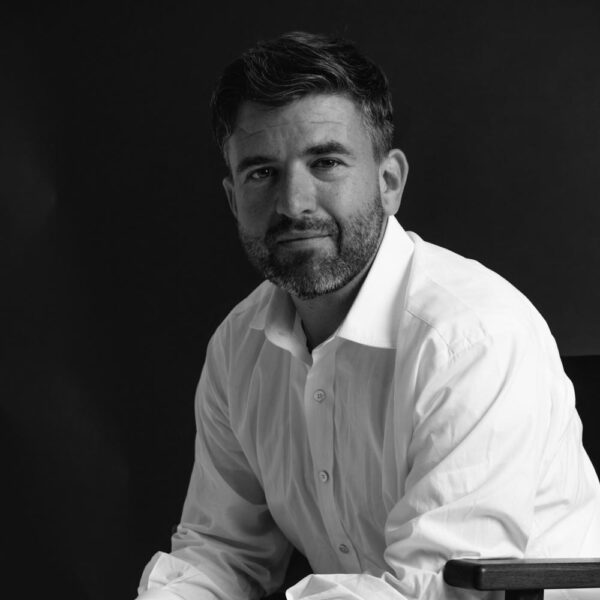 Joseph HaldaneThe International Academic Forum (IAFOR), Japan
Joseph HaldaneThe International Academic Forum (IAFOR), Japan -
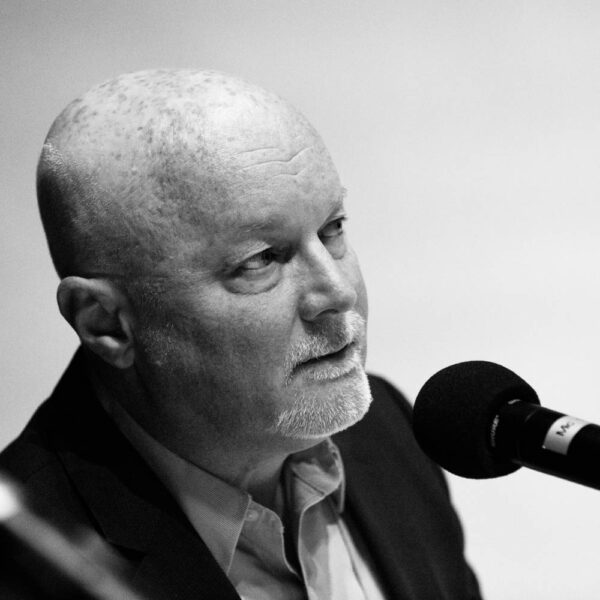 Donald E. HallBinghamton University, USA
Donald E. HallBinghamton University, USA -
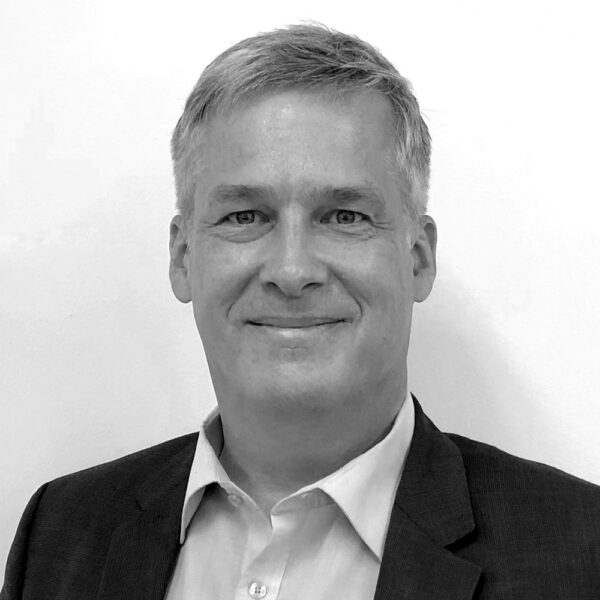 Brendan HoweEwha Womans University, South Korea
Brendan HoweEwha Womans University, South Korea -
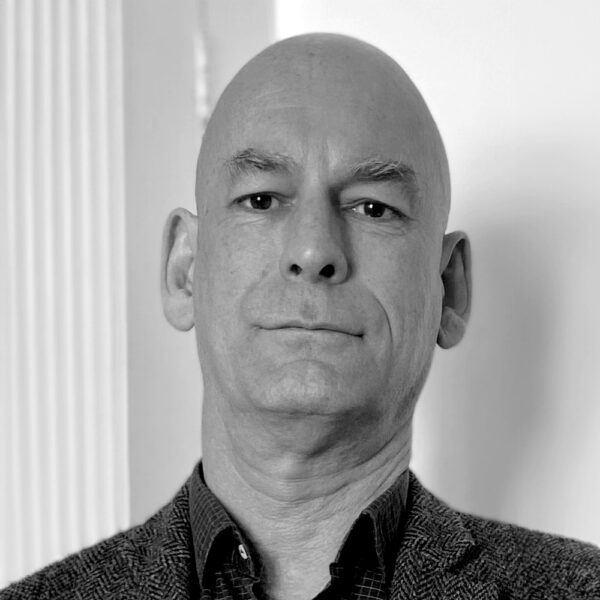 David MallowsUCL Institute of Education, United Kingdom
David MallowsUCL Institute of Education, United Kingdom -
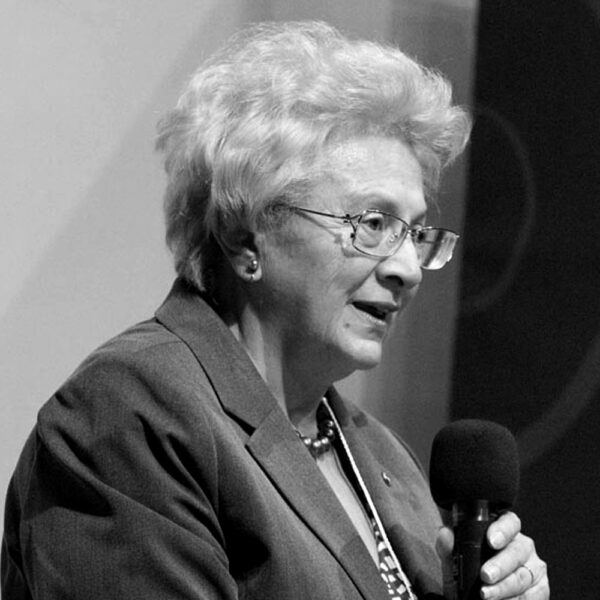 Ljiljana MarkovicEuropean Centre for Peace and Development (ECPD), United Nations’ University for Peace
Ljiljana MarkovicEuropean Centre for Peace and Development (ECPD), United Nations’ University for Peace -
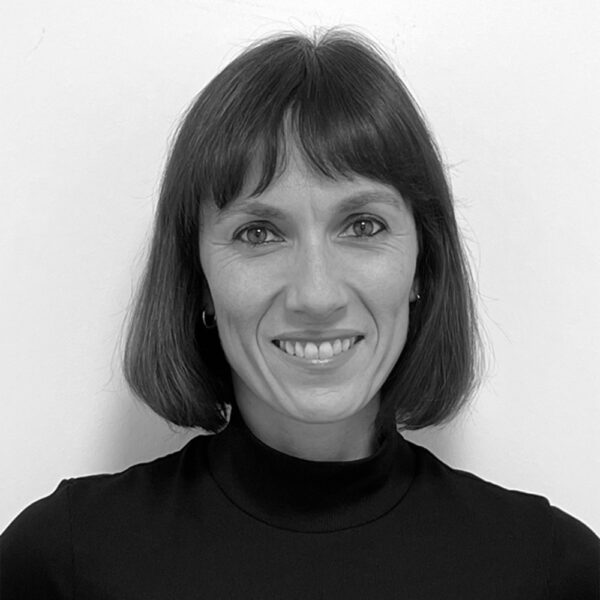 Ana Pellicer-SánchezUCL Institute of Education, United Kingdom
Ana Pellicer-SánchezUCL Institute of Education, United Kingdom -
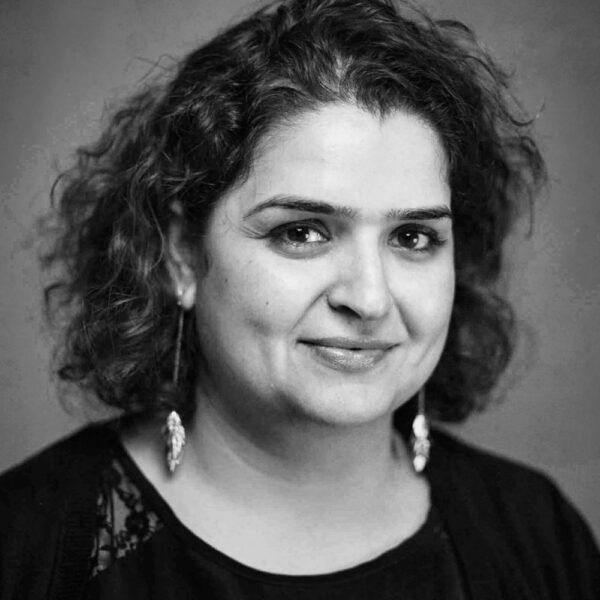 Neelam RainaMiddlesex University, United Kingdom
Neelam RainaMiddlesex University, United Kingdom
Programme
-
 How to Destroy a UniversityKeynote Presentation: Donald E. Hall
How to Destroy a UniversityKeynote Presentation: Donald E. Hall -
 The Examination of Eye Movements in Language Learning Research: A Focus on VocabularyKeynote Presentation: Ana Pellicer-Sánchez
The Examination of Eye Movements in Language Learning Research: A Focus on VocabularyKeynote Presentation: Ana Pellicer-Sánchez -
 Humanities at the Helm: Mobilising Scholars to Confront the Planetary Climate CrisisKeynote Presentation: Alfonso J. García-Osuna
Humanities at the Helm: Mobilising Scholars to Confront the Planetary Climate CrisisKeynote Presentation: Alfonso J. García-Osuna
Conference Committees
Global Programme Committee
Dr Joseph Haldane, IAFOR and Osaka University, Japan, & University College London, United Kingdom
Professor Jun Arima, President, IAFOR & University of Tokyo, Japan
Professor Anne Boddington, Executive Vice-President and Provost, IAFOR & Middlesex University, United Kingdom
Professor Barbara Lockee, Virginia Tech, United States
Professor Donald E. Hall, Binghamton University, United States
Dr James W. McNally, University of Michigan, United States & NACDA Program on Aging
Dr Grant Black, Chuo University, Japan
Professor Dexter Da Silva, Keisen University, Japan
Professor Gary E. Swanson, University of Northern Colorado, United States (fmr.)
Professor Baden Offord, Centre for Human Rights Education, Curtin University, Australia & Cultural Studies Association of Australasia
Professor Frank S. Ravitch, Michigan State University College of Law, United States
Professor William Baber, Kyoto University, Japan
Members of the IAFOR Board of Directors and The Academic Governing Board are standing members of the Global Programme Committee. Members of the IAAB are consultative members.
Conference Programme Committee
Conference Chair
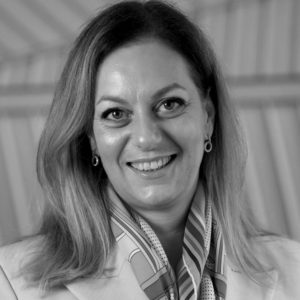
Evangelia Chrysikou
Bartlett School of Sustainable Construction
University College London
United Kingdom
Conference Programme Committee Members
-
Marilyn Aviles, Institute of Healthcare Engineering, UCL, United Kingdom
Dimitrios Buhalis, Bournemouth University Business School, United Kingdom
Dorina Cadar, Brighton & Sussex Medical School, United Kingdom
Stefano Capolongo, Polytechnic University of Milan, Italy
Carina Dantes, SHINE 2Europe, Portugal
Eddy Davelaar, Department of Psychological Sciences, Birkbeck, University of London, United Kingdom
Isaiah Durosaiye, School of Architecture, University of Sheffield, United Kingdom
Joseph Falzon, Centre for Research & Innovation, Malta
Ava Fatah, Bartlett School of Architecture, UCL, United Kingdom
Joseph Haldane, The International Academic Forum (IAFOR), Japan
Paul Higgs, Faculty of Brain Sciences, UCL, United Kingdom
Fernando Loizides, School of Computer Science & Informatics, Cardiff University, United Kingdom
Christina Malathouni, School of Architecture, University of Liverpool, United Kingdom
Paul McGarry, Greater Manchester Combined Authority, United Kingdom
James W. McNally, University of Michigan & NACDA Program on Aging, USA
Elena Petelos, Faculty of Medicine, University of Crete, Greece & Faculty of Health, Medicine & Life Sciences, Maastricht University, Netherlands
Haruko Satoh, Osaka University, Japan
Eleftheria Savvopoulou, SynThesis Architects, Greece
Anastasios Tellios, School of Architecture, Aristotle University of Thessaloniki, Greece
Georgios Tsakos, Institute of Epidemiology & Health Care, UCL, United Kingdom
Chariklia Tziraki-Segal, Hellenic Mediterranean University, Greece & Melabev: Community Club for Elders, Israel
Antoinette Vietsch, Politician (Former MP), Architect, Healthcare Planner, the Netherlands
Greg Williams, University of Manchester, United Kingdom
Conference Review Committee
IAFOR's peer review process, which involves both reciprocal review and the use of Review Committees, is overseen by the Conference Programme Committee under the guidance of the International Academic Board (IAB). Review Committee members are established academics who hold PhDs or other terminal degrees in their fields and who have previous peer review experience.
If you would like to apply to serve on the EGen2024 Review Committee, please visit our application page.
Event Partners
The European Conference on Aging & Gerontology (EGen) is run in partnership with The Bartlett Real Estate Institute at UCL, The National Archive of Computerized Data on Aging (NACDA) at the University of Michigan, USA, and the IAFOR Research Centre at Osaka University.

Event Supporters

